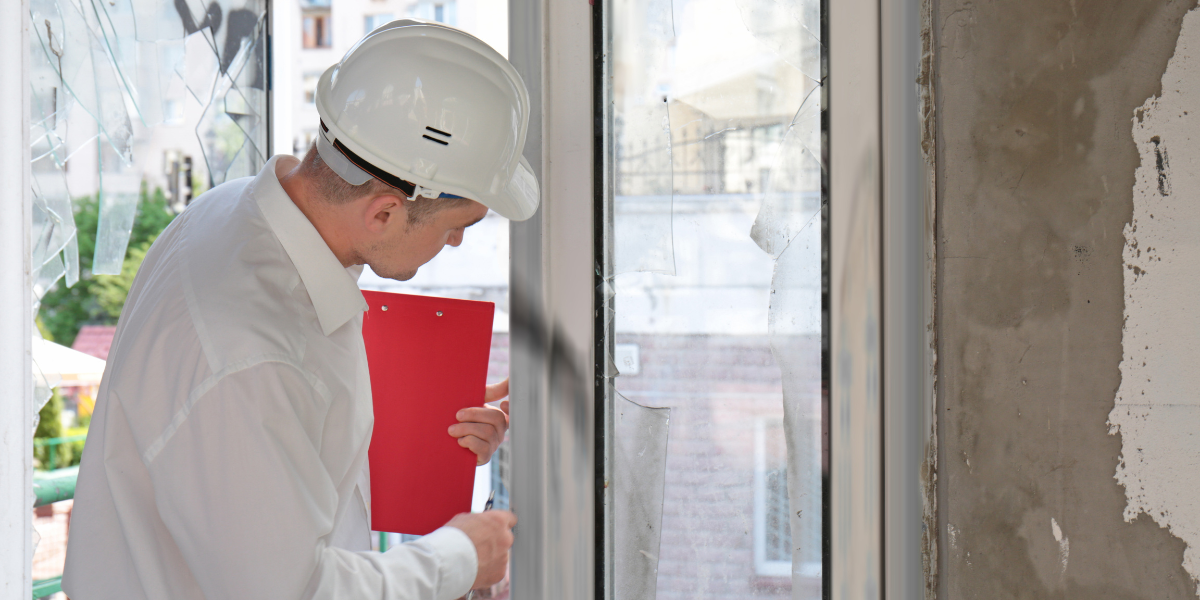
Questions to Ask the Insurance Adjuster after Water Damage
If you have suffered a loss due to water damage and seek coverage from your insurance provider, you will likely engage with one or multiple adjusters who will assess your claim.
Meeting with the Adjuster or Adjusters
Insurance companies work with several types of adjusters you are likely to meet along the way, and these individuals include:
- A desk adjuster usually calls or emails the policyholder to set up the appointments and works hand-in-hand with the field insurance adjuster going to the site of the damage.
- A field insurance adjuster inspects your home for damage and repair estimates after water damage occurs. Their goal is often to keep the costs of repair down. However, this is not likely to be in the policyholder’s best interest or the home’s value long-term.
- An independent adjuster is a third-party estimator hired by insurance companies that are short-staffed or have too high of a volume of claims, such as after a storm event where many property owners have filed claims all at once.
- A licensed public adjuster may be hired by the policyholder to represent the policyholder’s interests. Their role is to accompany the field insurance adjuster or independent adjuster during their scoping of the damage and to help negotiate or advocate a fair payout for the property owner. The insurance company does not provide public adjusters; policyholders must hire them.
Types of Water Damage Covered by Insurance
The most common type of water damage is from flooding, which traditionally isn’t covered by property insurance policies. Still, it can be covered under separate flood insurance policies, including ones that can be purchased for reduced rates through the National Flood Insurance Program.
Outside of flooding, other types of water damage that your commercial property insurance policy may cover include sewer backups, clogged toilets, heavy rain, snowmelt, roof leakage, foundation cracks, plumbing leaks, pipes bursting, and appliances breaking.
Items like your home’s structure, other buildings like sheds and garages, and personal belongings may also be covered by your policy. However, it’s always a good idea to check. Additionally, if water damage displaces you, coverage known as loss of use coverage may cover temporary lodging, meals, and expenses.

Initial questions to Ask the Insurance Adjuster about Your Water Damage:
Questions to ask your insurance adjuster include:
What is the extent of my coverage?
This question is important because insurance policies do not cover all water damage incidents. For example, water entering your home from the ground or the sewer may not be covered unless additional policies are taken out — and mold may not be covered. Leakage through a roof that has been chewed by squirrels or pecked by birds for years may not be covered. That is because such damages are not considered “sudden and accidental,” which is generally a requirement for water damage coverage. In addition to these questions about policy coverage, it is also essential to ask about the policy’s financial limits. In order words, how high the policy goes in terms of coverage.
What documentation do you need from me?
The answer to this question will help you know what photos, videos, receipts, and other documentation your insurance company will require to process your flood damage insurance claim properly.
What is the process for filing a claim?
The answer to this question should direct you to forms, contact information, and timelines for processing your claim.
Questions to Ask the Insurance Adjuster about Water Damage:
Questions to ask the home insurance adjuster specifically on the topic of water damage include:
What caused the water damage?
It is helpful to know, from the insurance adjuster’s vantage point, what caused the water damage to your property. For example, do they think the damage came from sources inside your house — like the bathroom toilet or kitchen sink — or outside forces such as flood events? The answer can also have practical benefits as you comprehensively understand your damage. Depending on the source, water events may involve “clean” water, “grey” water, or “black” water. Since you may be continuing to occupy the damaged premises, it can be conducive to understanding the type of water that has entered your home from the insurance adjuster.
How will the damage be assessed?
This question gets to the heart of the adjuster’s process and gives you information about how they gather their information. Provided you ask this question at the right time before the insurance adjuster begins scoping your damages, you can use what you learn about the adjuster’s process to question any inconsistencies, inaccuracies, or other potential flaws in the adjuster’s strategy that led to a full or partial denial of your claim.
What repairs are covered by my policy?
One crucial understanding when dealing with water damage is whether the insurance company will go the distance to replace all the damaged property when only a portion or a section is damaged, such as partially-waterlogged walls or flooring. The “line of sight” rule in the insurance industry generally requires that everything within a person’s line of sight be restored to a uniform and consistent appearance.
Follow-Up Questions to Ask the Adjuster:
Follow-up questions to ask your insurance adjuster include:
- When can I expect a decision on my claim?
- Will I need to provide additional information or documentation?
- What should I do if I disagree with the decision on my claim?
Contact the Water Damage Insurance Attorneys at MMA Law Firm
As professionals who help clients interpret insurance policies, understand their rights, and recover from their losses every day, the property insurance attorneys at MMA Law Firm are well-positioned to help clients who face water damage. Contact us today for more information.
This blog published by MMA Law Firm is available for informational purposes only and is not intended to be legal advice on any subject matter. The content available on this website may not constitute the most up-to-date legal or other information.